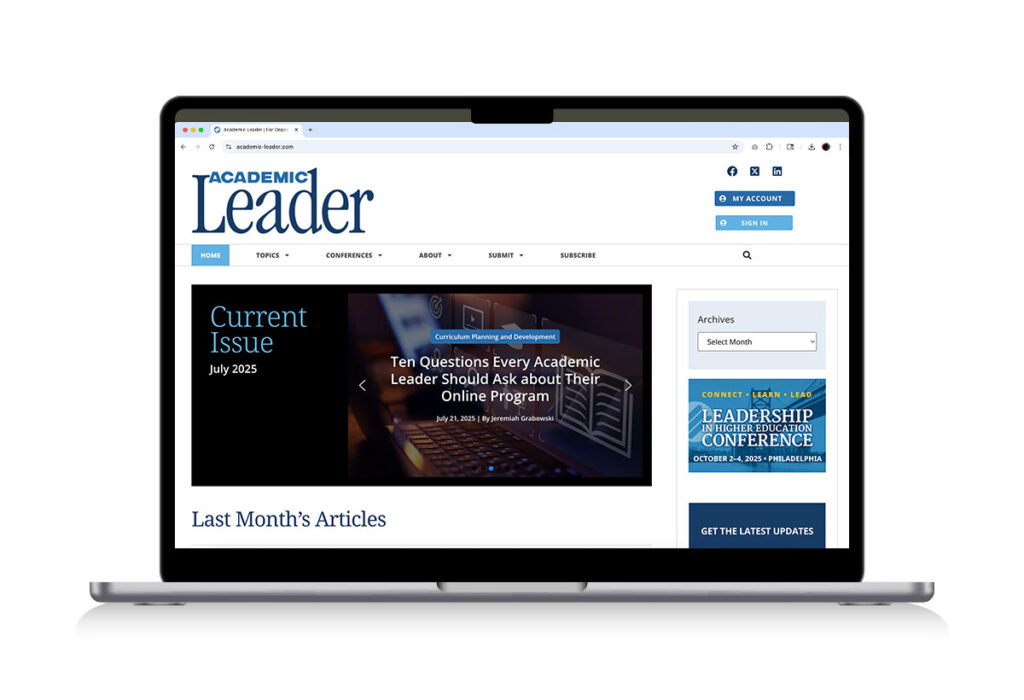
When Academic Leadership Comes with Baggage
The baggage we bring to work with us can take a variety of forms. It could occur because we applied for our positions as internal candidates and suddenly find ourselves as bosses of the very people who only a short time ago we regarded as close friends. It could occur because we find ourselves in charge of a department or college in which a current or former mentor, romantic partner, or spouse works. It could occur because we develop a special affinity for someone who reports to us—or to whom we report—and we need to set aside those personal feelings when it comes to making a decision. In all too many cases, baggage places us in a lose-lose situation. If you decide in favor of your friend/lover/mentor, you’ll be accused of playing favorites. If you make a decision to that person’s detriment, the personal relationship could easily be strained.




